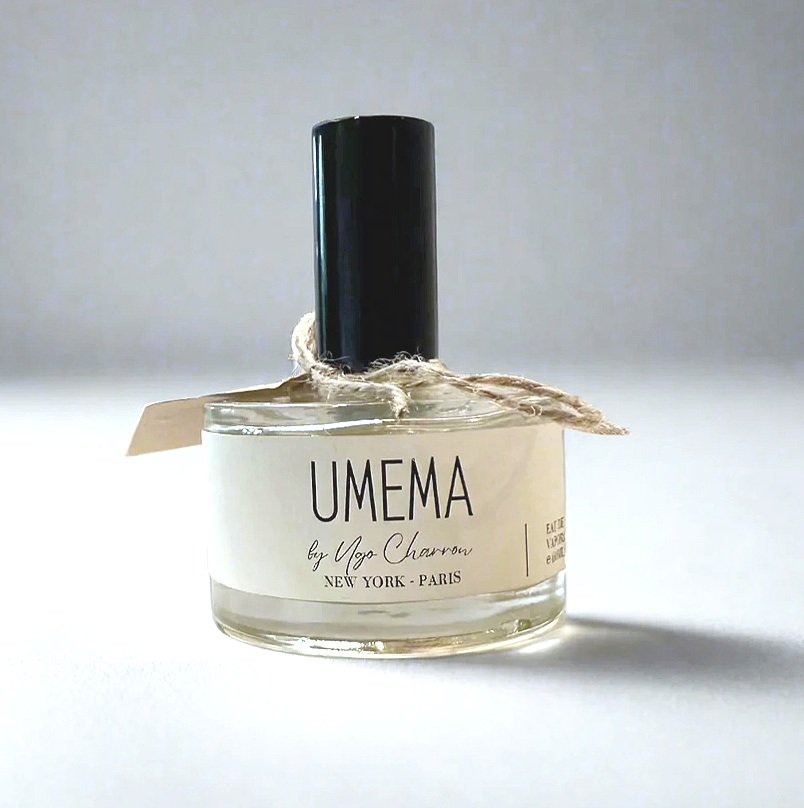Your senses of taste and smell play a crucial role in your daily life. Whether you’ve noticed changes or not, this quick self-assessment will help you explore your sensory health while contributing to an important global study.*
*You must be at least 18 years old and live in the U.S.A. to participate in this anonymous study.Turning Sensory Science into Action
The World Taste & Smell Association (WTSA) is a global alliance of sensory experts, advocates, and innovators committed to advancing the science of taste and smell—and its vital role in quality of life.
As a nonprofit think tank, applied research partner, and media platform, WTSA translates sensory science into real-world impact through education, advocacy, and public engagement.
We foster cross-disciplinary collaboration, champion equity in sensory health, and empower innovation across healthcare, consumer products, and culture.
From taste and smell disorders to multisensory product development, WTSA leads high-impact initiatives that bridge research, storytelling, and strategic partnerships to improve well-being for all.
On Spotify: The World of Taste & Smell Podcast
Make an impact today
Support our mission with a donation.
Why Should You Care?
-
Dr. Steven Nissen
“Smell loss can significantly affect mental health and quality of life.”
-
Rachel Ray
“Flavor is at the heart of cooking; supporting research in this area benefits everyone.”
-
Gordon Ramsay
“Losing your sense of taste or smell can change your relationship with food forever.”
-
Padma Lakshmi
“Our ability to taste and smell is integral to our cultural and culinary identity.”
-
Andrew Zimmern
“As a chef, I can’t imagine the impact of losing my sense of taste and smell; it’s devastating.”
-
Tom Colicchio
“Supporting research in taste and smell disorders can help improve the lives of millions.”
-
Dr. Tim Spector
“Our senses play a vital role in our health and nutrition.”
-
Dr. Scott Gottlieb
“Sensory disorders can be early signs of neurological diseases.”
-
Dr. Scott E. Kern
“Cancer treatments can affect taste and smell, making supportive care essential.”
-
Thomas Keller
“The complexity of flavor is what makes cooking an art; losing that is losing a sense of artistry.”
-
Dr. Danielle Reed
“Genetic research in taste and smell can reveal important insights into human health.”
-
Chef José Andrés
“Supporting research in taste and smell is supporting the essence of culinary arts and human experience.”
-
Dr. Bruce Boeckx
“Smell and taste disorders can lead to significant changes in dietary habits and overall health.”
-
Jiro Ono
“The art of sushi relies on the delicate balance of taste and smell; these senses are irreplaceable.”
-
Dr. Thomas Hummel
“Understanding smell loss can help us address broader health issues.”
-
Dr. Barry Smith
“Taste and smell are often the first senses to decline, affecting nutrition and quality of life.”
-
Dr. Robert Henkin
“Many people suffer in silence from taste and smell disorders, which can lead to depression and anxiety.”
-
Sarah Jessica Parker
“Experiencing the loss of taste and smell due to COVID was a real eye-opener. It’s something you never think about until it’s gone, and it significantly impacts your quality of life.”
-
Dr. Alan Hirsch
“Taste and smell disorders are more common than people realize and can greatly impact daily life.”
-
David Chang
“As chefs, we need to support research that helps preserve our most essential tools: taste and smell.”
-
Tom Hanks
“My wife and I both lost our sense of taste and smell when we had COVID-19. It really affected our daily lives and made us aware of how integral these senses are.”

September 14th is World Taste & Smell Day
•
September 14th is World Taste & Smell Day •
Smell Can Change the World: Health, Technology, and the Future
Join World Taste & Small Association Advisor Dr. Rachel Herz as she explains how your sense of smell is directly tied to your emotional and physical health, how to keep it strong, and how scent can change your life now and in the future.
Dr. Herz is a leading expert on the psychological science of smell. Her published books include "Why You Eat What You Eat", "The Scent of Desire” and "That’s Disgusting". She’s written numerous research papers and articles and has been a guest on shows including "On Point" and "Science Friday". Dr. Herz is an adjunct faculty member at Brown University and Boston College and she advises many companies about enhancing consumer experiences.
Umema by Ugo Charron,
a limited-edition perfume
“Creating UMEMA was a journey of synesthetic exploration, celebrating a fragrance that transcends traditional boundaries, connecting us all through the universal language of scent.” Launching at the Global Taste & Smell Summit.
UMEMA is here, at
the Museum of Food & Drink (MOFAD), + Perfumarie.
100% of the proceeds will support the
World Taste & Smell Association and Anosmie.org.
This project is made possible by Perfumarie, MANE, Ugo Charron, the World Taste & Smell Association, Stephanie Feur, and Emmanuelle Dancourt.
Sponsored by














